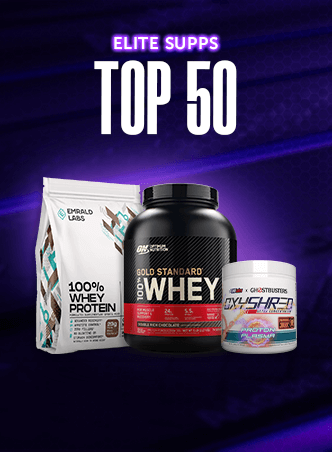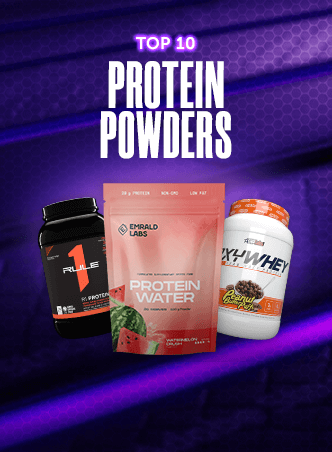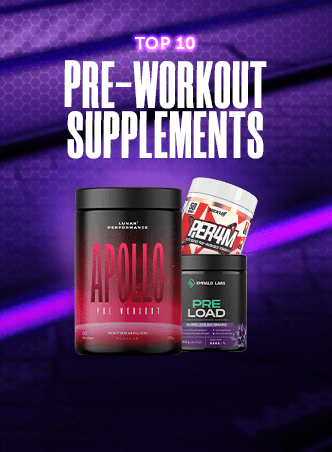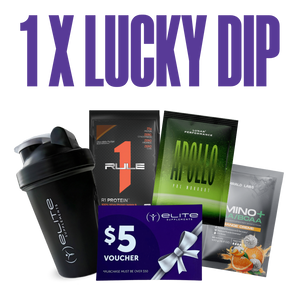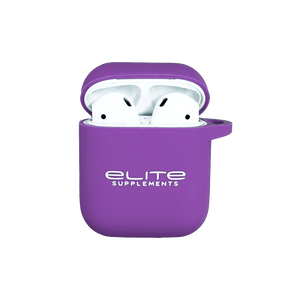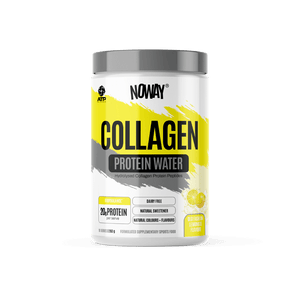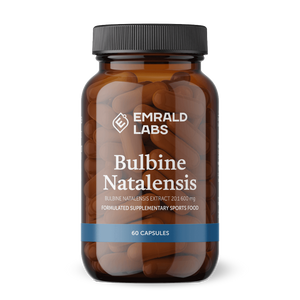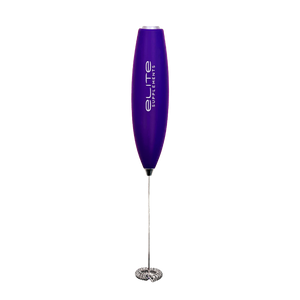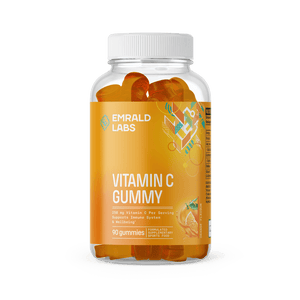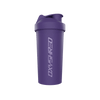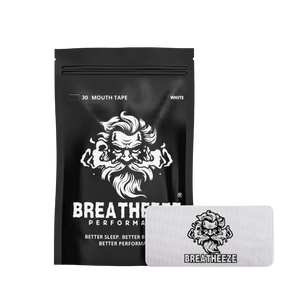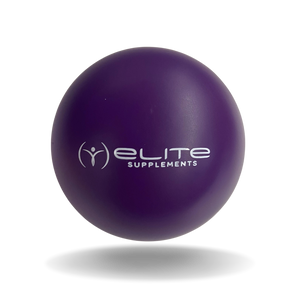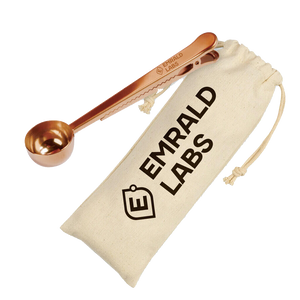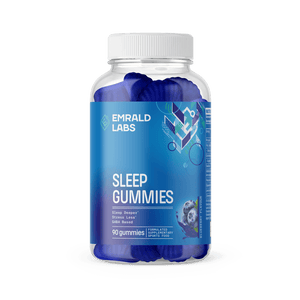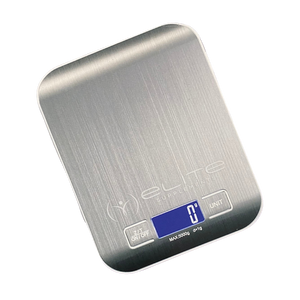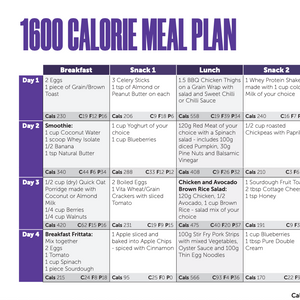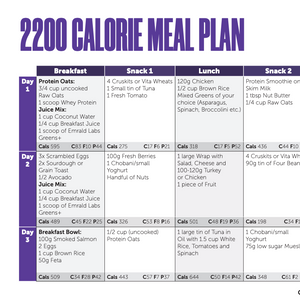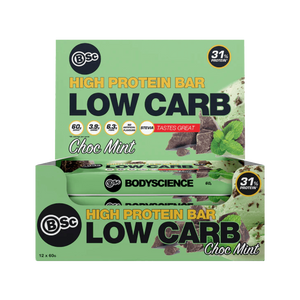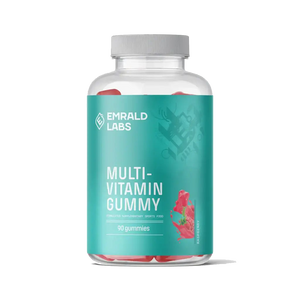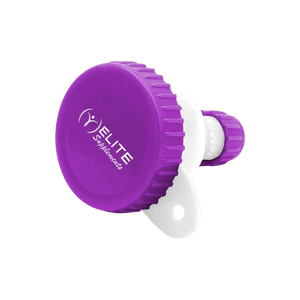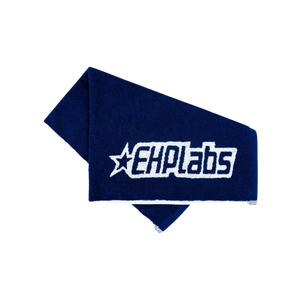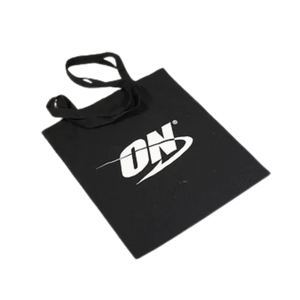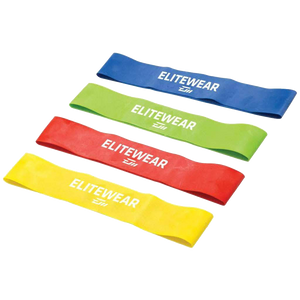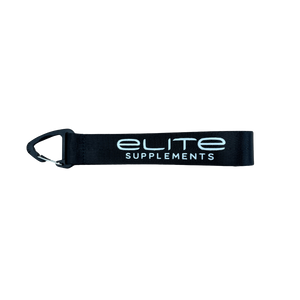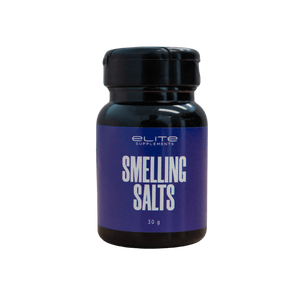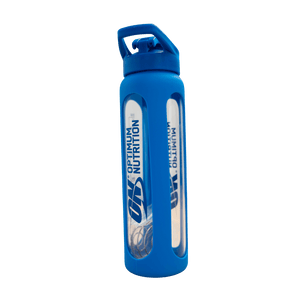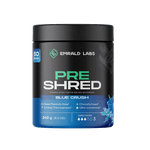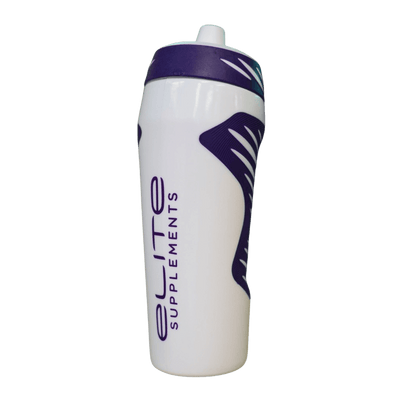Creatine is one of the most popular supplements on the market. Unfortunately, there are a lot of myths and misconceptions about its side effects and uses. Learn the facts about creatine.
What is Creatine?
Creatine is one of the most highly researched supplements available on the market. Even if you're relatively new to the world of fitness and supplements, you've most likely heard of it. Creatine is a molecule found naturally in your muscles. It helps your body produce energy during high intensity workouts. It can also help in both short term and long term muscle gain
Creatine can also help to fight off fatigue during your workouts, allowing you to work out harder and longer, ultimately improving your strength and results. Pretty great, huh?
How does Creatine work?
Hold on, we are about to get sciencey! Creatine helps to provide the body with more phosphate to be utilized as ATP during our workouts. ATP is one of our bodies prime energy sources during exercise. More ATP translates to better performance while exercising! Great huh? Now that we have an idea of the role that creatine plays in our body, let's address a few of the myths out there that surround this product even today..
Myth 1: CREATINE CAUSES KIDNEY AND LIVER DAMAGE
Fact: There have been numerous studies conducted on creatine supplementation, all of which have concluded long-term creatine usage does not appear to have any negative side effects on the liver or kidneys.
Myth 2: CREATINE CAUSES GASTROINTESTINAL DISTRESS
Fact: All available evidence suggests creatine is safe to use, although it may cause some minor GI distress.
There is some truth to gastrointestinal (GI) issues with creatine supplementation, but it's rare. In fact, it's reported than only 5-7 percent of people who take creatine experience stomach aches. Stomach distress typically occurs when you take too much creatine at once (e.g., a loading phase) or on an empty stomach. To help reduce any chance of stomach discomfort micronized forms of creatine have been developed. These forms of creatine have much smaller particle sizes and are much more soluble in liquid to improve absorption.
Myth 3: CREATINE CAUSES CRAMPING AND DEHYDRATION
Fact: There is no data that shows creatine causes muscle cramps or dehydration.
One of the most common concerns about creatine supplementation is that it can cause dehydration or cramping, particularly on hot and humid days. This is simply not the case. To the contrary, creatine supplementation has been shown to increase total body water levels, helping to improve hydration.
Myth 4: CREATINE LEADS TO WEIGHT GAIN
Fact: Creatine loading may lead to some small initial weight gain within the first few days due to water being pulled into the muscle. However this can be avoided following a lower dose protocol. If accompanied by resistance training, healthy diet, and creatine supplementation improvements in lean body composition have been consistently observed time and time again by researchers in this chosen area.
Myth 5: CREATINE NEEDS TO BE “CYCLED”
Fact: Creatine does not need to be cycled. Continuous use shows to have continuous benefits. Because creatine has no harmful effects on the body, continuous supplementation is preferred to reap the long term benefits.
So as you can see, there is nothing to worry about when it comes to creatine. Make sure to make it a part of your supplement routine and reap the proven benefits today!
Emrald Labs Creatine HCL has been formulated to reduce bloating and water retention, plus is much more potent, meaning smaller serving sizes so it is easier to add to your pre workout. Give it a go!
